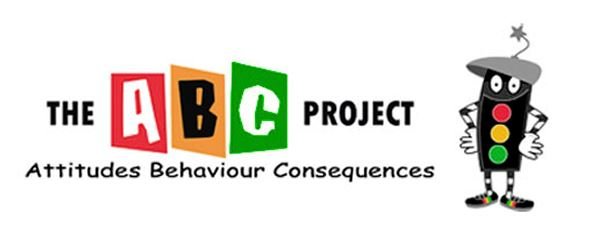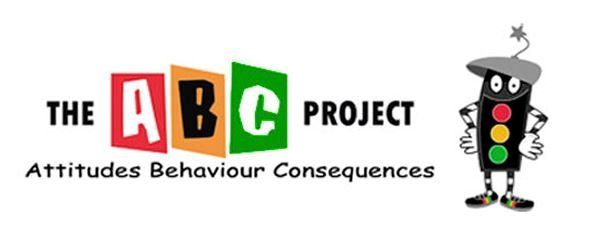

Read it!
What is a crime?
A crime is anything that you do that can be punished by the law. It is an act or behaviour that leads to breaking an existing law which can result in a fine, arrest or imprisonment
Making a loud noise and frightening people in the street is a crime. People can become very concerned about their safety.
Noisy behaviour
Do we consider the effect on others of what we do?
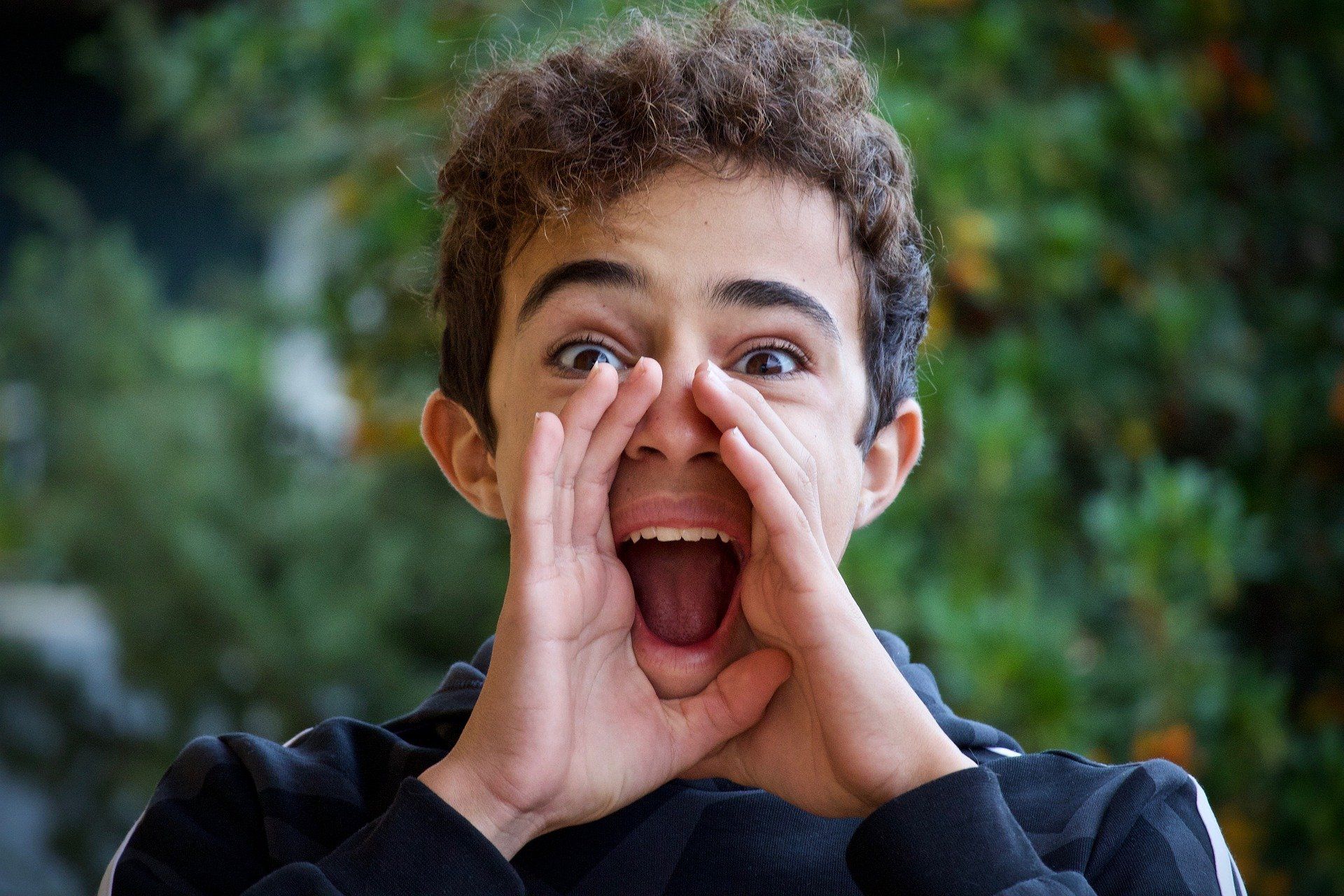
Dropping sweet wrappers, empty crisp packets or any other rubbish and leaving it in the street is a crime too. It can attract wild animals into the areas where people live which is unsafe for the animal and the community.
Littering
Do we consider the consequences of what we are doing?
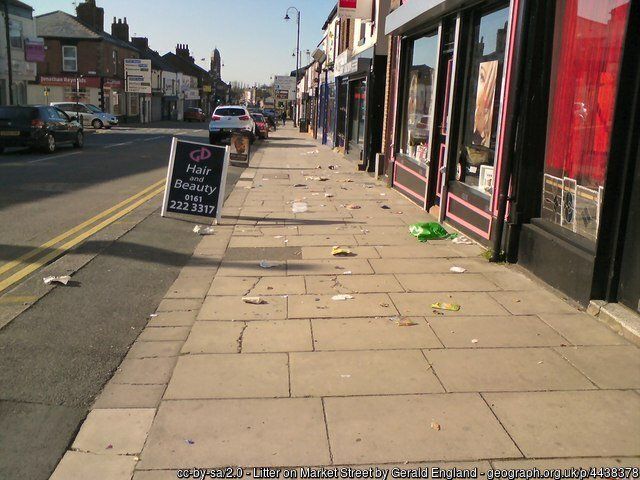
Writing with a pen on someone's property when we do not have permission is also a crime of destroying or damaging property. It is the same as using something sharp to scrape writing on something like a bus shelter., or simply deliberately breaking a window.
Criminal Damage
Do we stop to think that it might also get us into serious trouble?
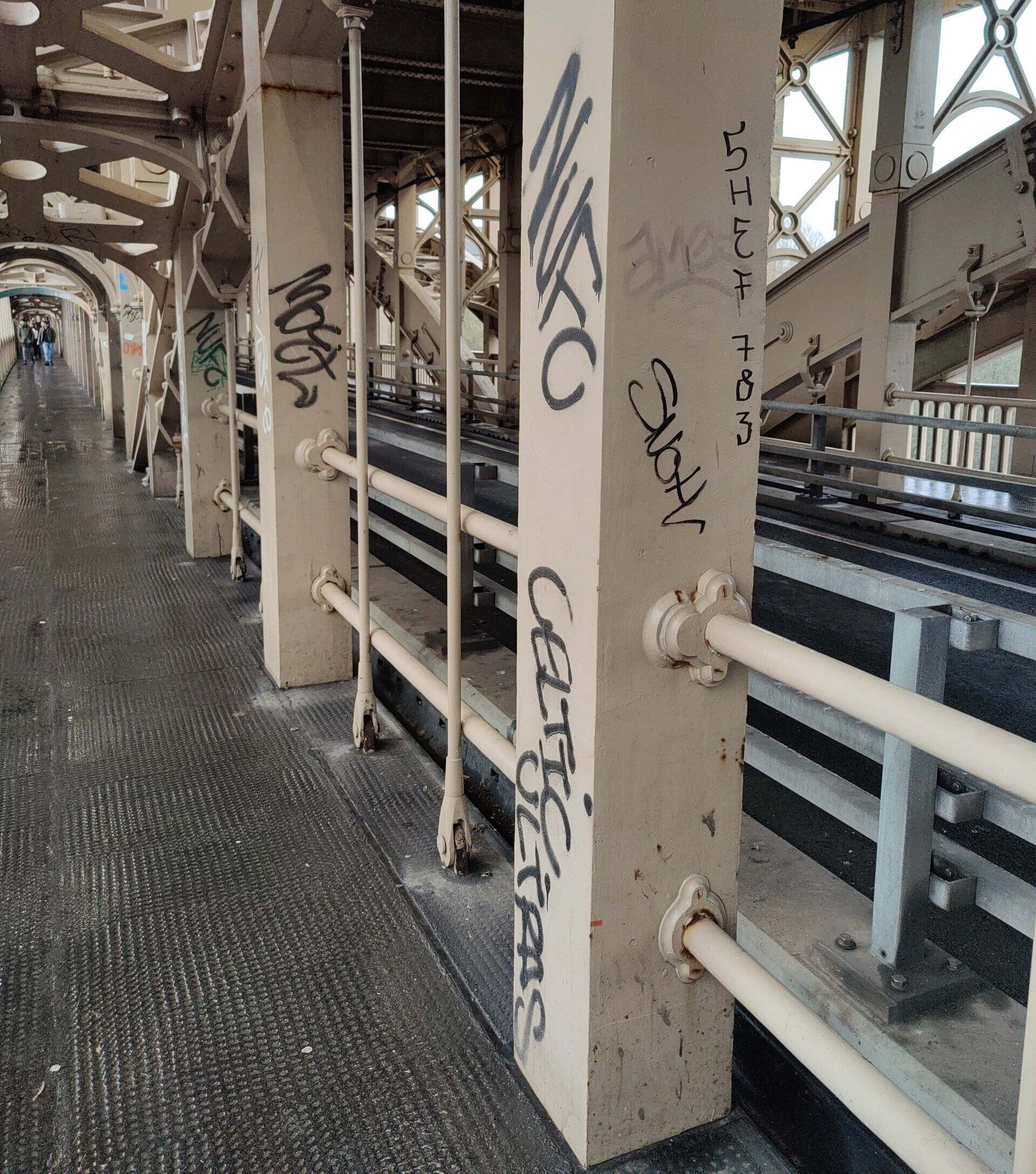
Remember, anyone* who commits a crime can get into serious trouble -
think before you act -
attitudes......what is in our mind - there is still time to change what we will do
behaviour......leads to what we do - we are now committed to an action
consequences......leads to an outcome - will that outcome be good or bad?
Make a good decision and keep out of trouble.
(*10 years or over)
Who can commit a crime?
Well anyone can commit a crime, or, nearly anyone. The law says that children who are under ten years old cannot commit a crime so anyone 10 years or over is responsible in law for what they do. A person aged between 10 and 17 years would go to a youth court and receive a different sentence from someone 18 years or over who is classed as an adult.
The law says that some people cannot commit a crime. You would probably never think of these people committing crimes. Who are they? The monarch - Queen or King - is above (or exempt from) the law and cannot commit a crime. The law uses the word 'sovereign' because that would apply to the monarch, whether it was a queen or a king. Not many countries in the world are monarchies. A monarchy is a country that has a king or queen as its head of state. If one of those kings or queens from another country lived in the United Kingdom, they would also be above the law. There are also special rules for official people who represent an overseas country and live in the United Kingdom. It is called diplomatic immunity. 'Above the law' does not mean that they are better than other people, or more honest, or more trustworthy. The enjoy a special position because they are the sovereign. You will find more information here.
You might need the help of an adult to explain some of the words
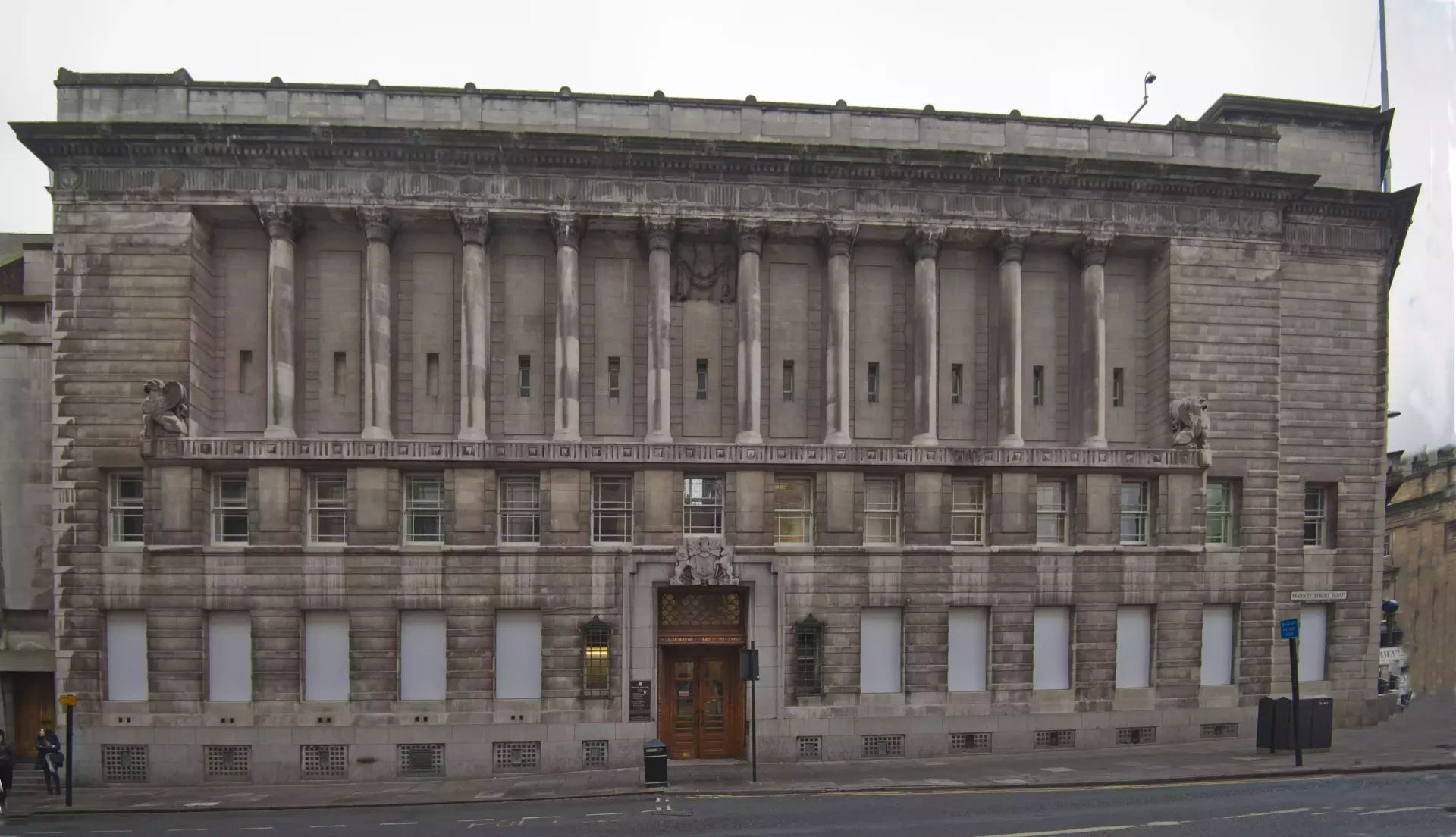
The consequences of committing a crime
Police
A person may be arrested by the police and taken to a police station.
The custody officer is responsible for making sure that there are good and sufficient reasons for the arrested person being detained. He or she will explain what rights the arrested person may access and what documents they can request to verify he or she is being treated correctly. The arrested person may only be kept at a police station without being
charged for a limited period of time. While a person is detained at a police station someone regularly checks to make sure that they are not being kept in custody without good reason
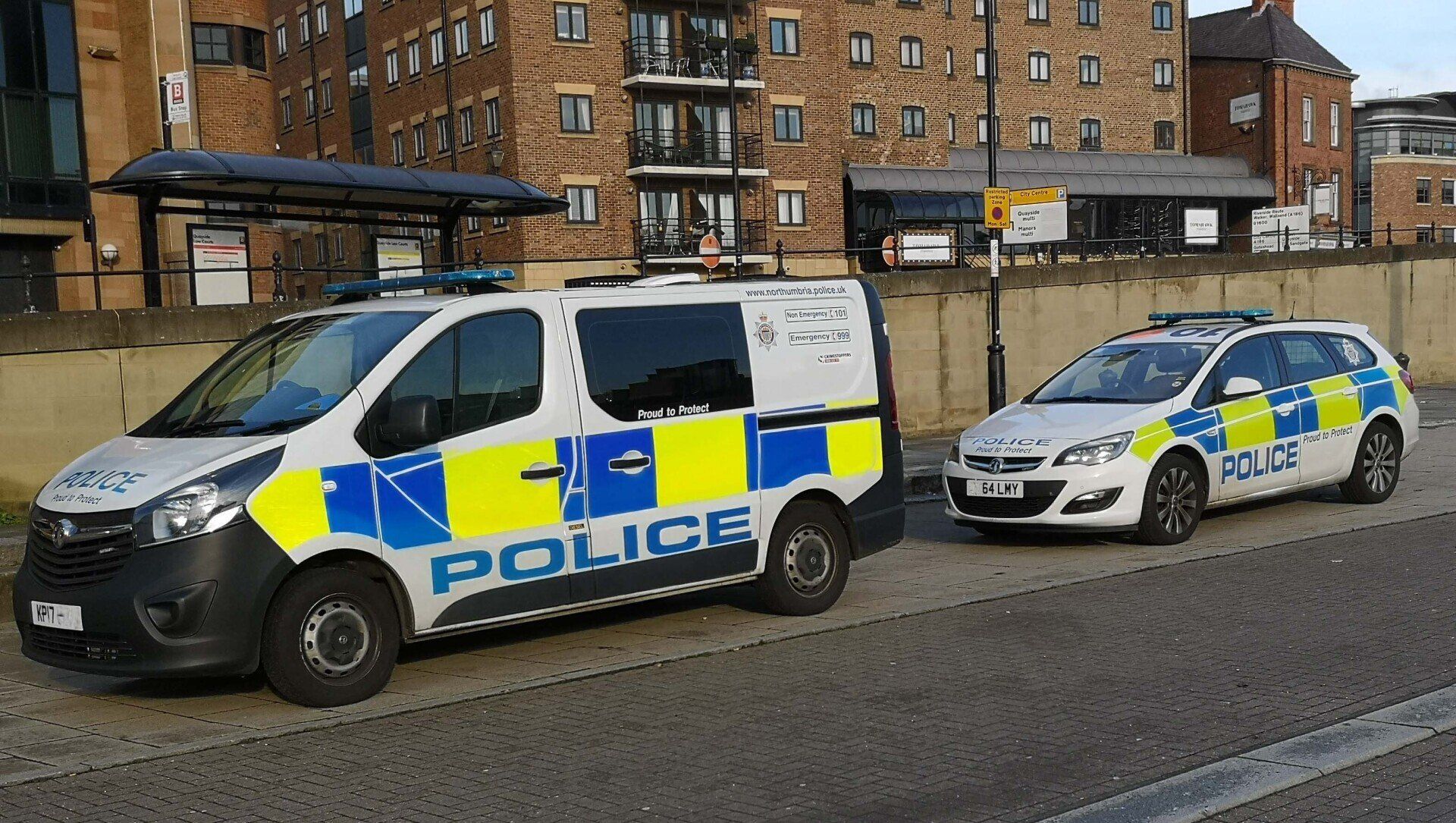
Court
A person may have to go to court. In very serious cases, they would go to the high court. That is called the Crown Court. A high court judge, circuit judge or recorder decides on the punishment in the crown court. They may be sent to prison. For less serious offences, they may get a ticket, which is properly called a fixed penalty notice. They may have to go to the lower court, called the magistrates' court. Magistrates decide on the punishment at the magistrates' court. The Clerk to the Justices is legally qualified and explains the law to the magistrates as they are ordinary citizens or members of the public and are given some training to help them do their job in court. Sometimes, a district judge will be in charge at a magistrates' court. He is legally qualified.

Prison
In serious cases, or when a person has committed many crimes previously, he or she may be sent to prison as a punishment and also to get help to stop them from committing crimes when released. Sometimes adults have not managed to get all the benefits from their school years. They may not be able to read or write or add up or maybe not do any of them very well. In prison, there will be an opportunity to catch up on education they have missed, or to learn skills and gain qualifications help to them get a job and earn money on release from prison. Being able to find a job and earn a wage can be important steps for a person moving away from a life of crime.
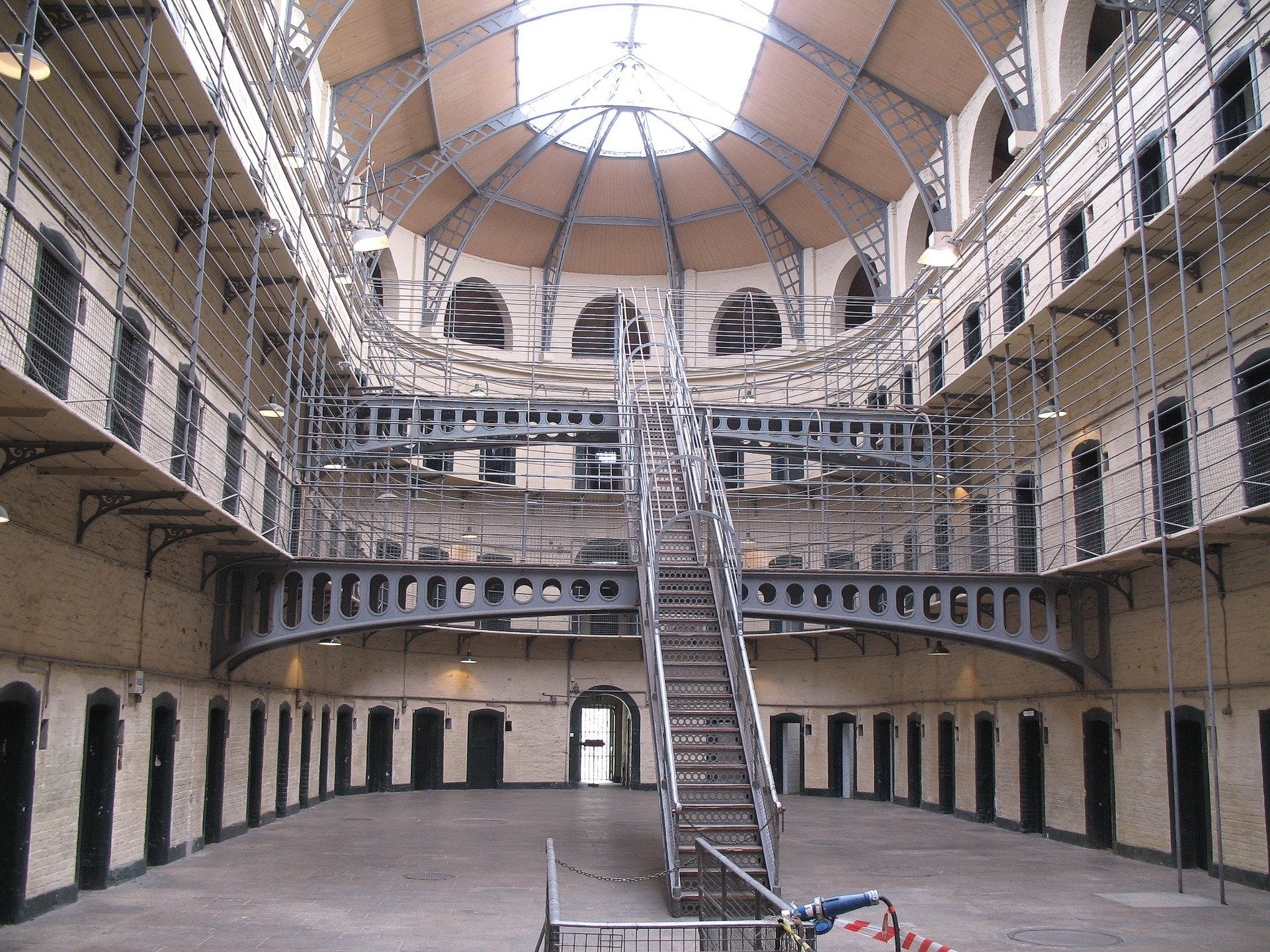
Prisons and secure accommodation for children and young persons*
There are 3 types of custody for young people:
- young offender institutions
- secure training centres
- secure children’s homes
Young offender institutions(YOI):
- are run by the Prison Service and private companies
- are for people aged 15 to 21 (people under 18 are held in different buildings). Aged 21 years, they will be moved to an adult prison
- Girls aged 18 years go directly to an adult prison. Boys aged 18 - 20 may go to a YOI or adult prison
- house between 60 to 400 people, split into ‘wings’ of 30 to 60 people
Secure training centres:
- are run by private companies
- are for people aged up to 17
- house between 50 and 80, split into units of 5 to 8 people
- give 30 hours of education and training a week, following a school day timetable
Secure children’s homes:
- run by local councils
- are for people aged 10 to 14
- house between 8 and 40 people
- give 30 hours of education and training a week, following a school day timetable
*For more information about custody for young people and where this information came from look here
Test It!
When you think you have learned all the information about
'Children and Crime' click the Test It! button opposite to test yourself
